Professor Lingjun Li and lab members reveal the crucial role of neuropeptides in cocaine addiction, paving the way for novel therapies.
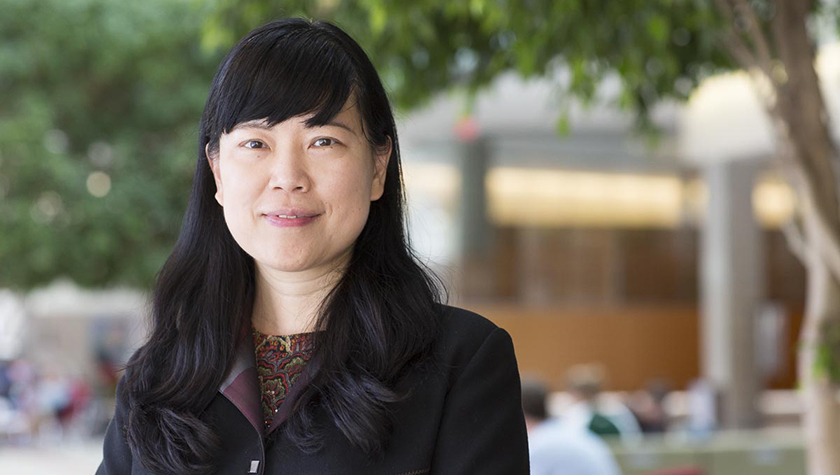

Professor Lingjun Li and lab members reveal the crucial role of neuropeptides in cocaine addiction, paving the way for novel therapies.
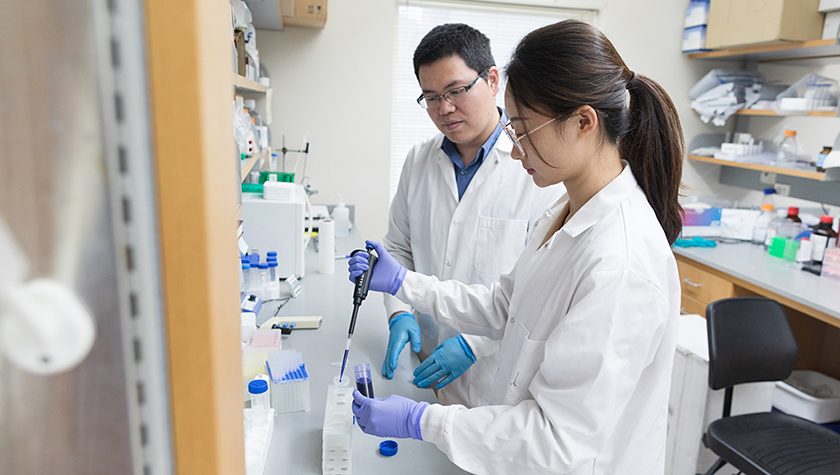
With support from the NIH, Assistant Professor Quanyin Hu uses a two-step system to attack triple-negative breast cancer.
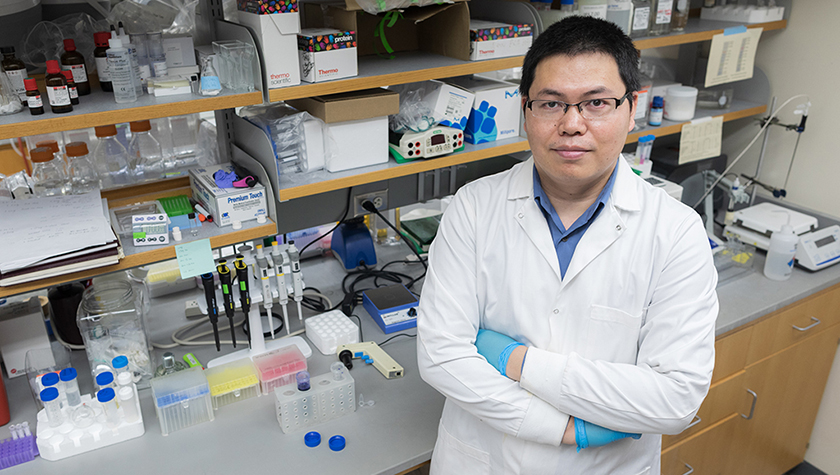
With V Foundation funding, Assistant Professor Quanyin Hu aims to improve a cancer-killing hydrogel to improve outcomes for pediatric GBM patients.
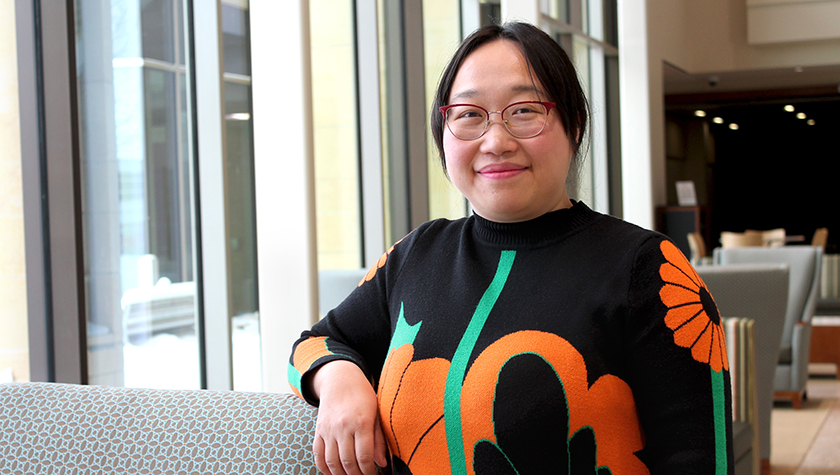
UW researchers find previously unknown links between microbial bile acids and the risk of colon cancer.
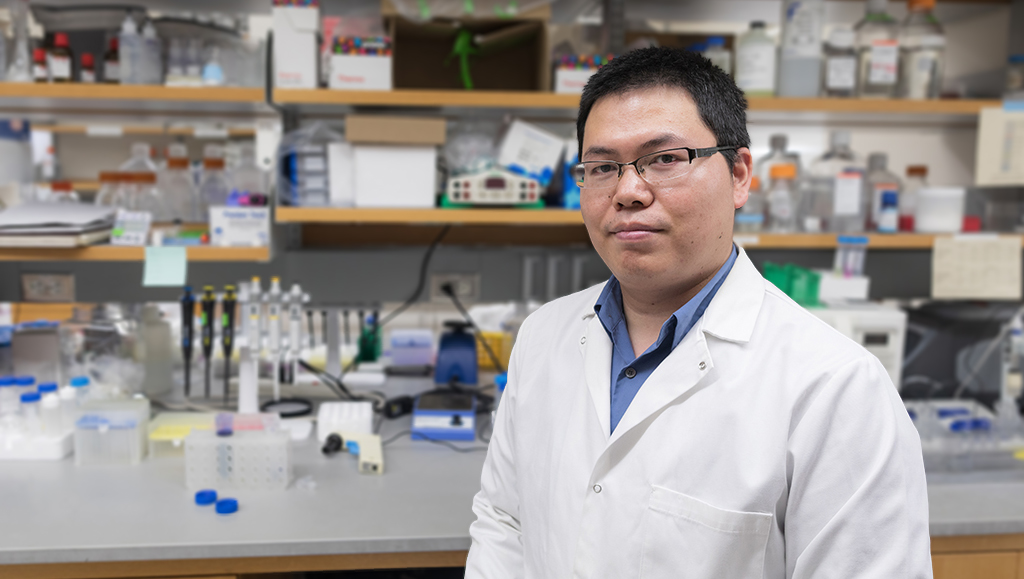
A cutting-edge platform developed by Assistant Professor Quanyin Hu uses protein-degrading platelets to suppress tumor regrowth and bolster immune response after surgery.
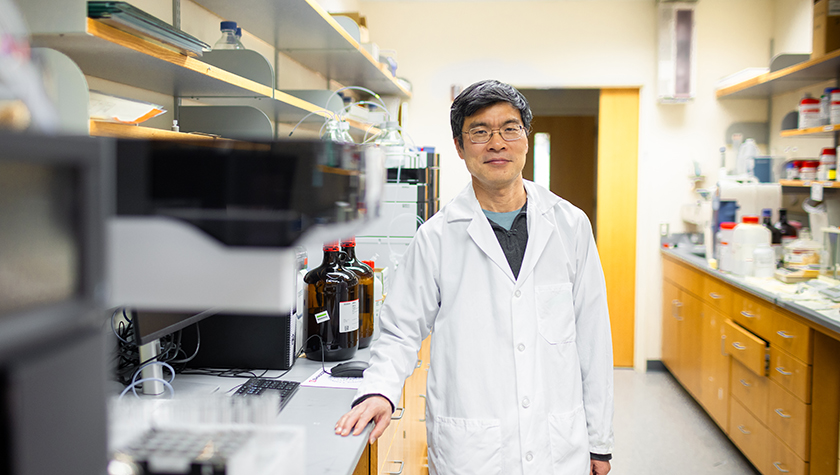
Professor Weiping Tang creates a new type of molecule to tag proteins on the surface of cancer cells for degradation.
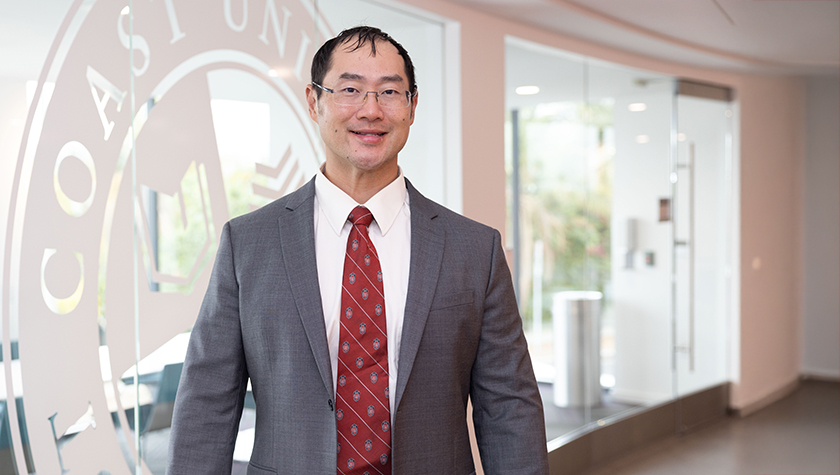
Alum Joe Su (PhD ’08) aims to tame the ‘Wild West’ of natural products to tackle chronic inflammation.
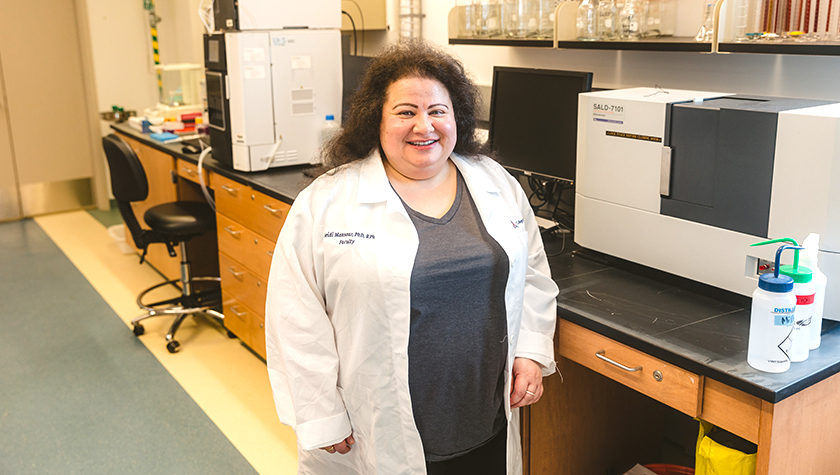
Alumna Heidi Mansour (BS ‘96, PhD ’03), member of the National Academy of Inventors, aims to revolutionize lung and brain drug delivery.

PharmTox students pursue original, impactful research with Hilldale Undergraduate/Faculty and Sophomore Research Fellowships.
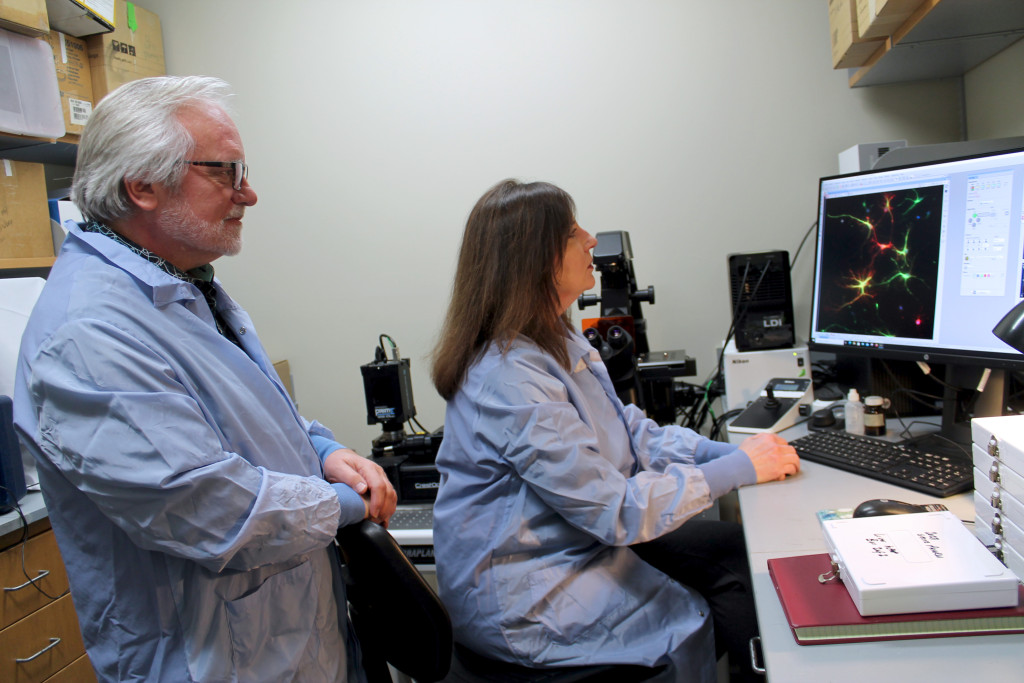
A newly developed nanomaterial that mimics the behavior of proteins could be an effective tool for treating Alzheimer’s and other neurodegenerative diseases.